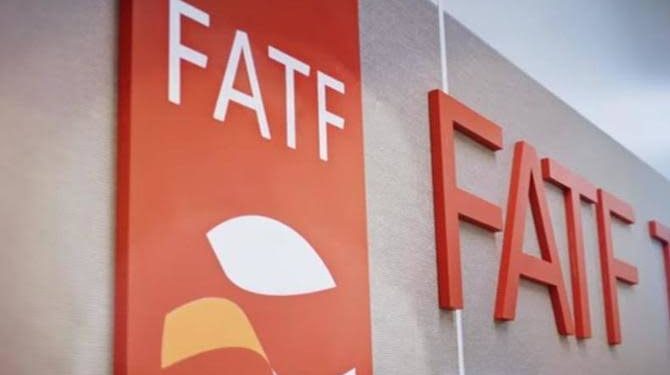Global financial watchdog, the Financial Action Task Force (FATF), has officially removed Nigeria from its grey list, marking a major milestone in the country’s fight against money laundering and terrorist financing. The decision, announced on Friday, ends nearly three years of increased monitoring and is expected to significantly boost investor confidence and ease cross-border financial transactions.
Nigeria was delisted alongside South Africa, Burkina Faso, and Mozambique, following what FATF described as “substantial progress” in strengthening their anti-money laundering and counter-terrorist financing frameworks. South Africa and Nigeria were added to the grey list in February 2023, Mozambique in October 2022, and Burkina Faso in February 2021.
The FATF grey list identifies countries with strategic deficiencies in their financial systems but that are committed to addressing them within an agreed timeframe. While on the list, affected nations face tighter scrutiny from global banks, higher transaction costs, and reputational challenges that often deter foreign investors.
Nigeria’s removal, therefore, signals renewed international confidence in its financial integrity. Finance Minister Wale Edun described the development as a strong endorsement of Nigeria’s ongoing economic and institutional reforms. “This development reinforces confidence in our economy and the integrity of our monetary and financial systems, signaling to investors and global partners that Nigeria’s institutions are strong, transparent, and internationally trusted,” he said.
Edun added that the decision will ease cross-border transactions, improve capital flows, including foreign direct investment, and strengthen the foundations for sustainable economic growth and job creation.
With the delisting, Nigeria can expect smoother and more affordable international transactions, particularly in remittance inflows, which average around $20 billion annually. Analysts say the move could enhance investor sentiment, support the naira, and encourage capital inflows into key sectors such as energy, technology, and manufacturing, where compliance risks have previously limited participation.
Earlier this year, Chief Executive Officer of the Nigerian Financial Intelligence Unit (NFIU), Hafsat Bakari, had projected that Nigeria would exit the grey list by late 2025. However, faster-than-expected progress under the country’s fifth FATF progress report helped accelerate the removal. Bakari described the approval of the report as a significant milestone in Nigeria’s efforts to align with global Anti-Money Laundering and Counter-Terrorist Financing (AML/CFT) standards.
Nigeria’s successful delisting underscores its commitment to building a more transparent and credible financial system. The move is widely viewed as a win for the federal government’s broader reform agenda and a key step toward restoring international confidence in Africa’s largest economy.










